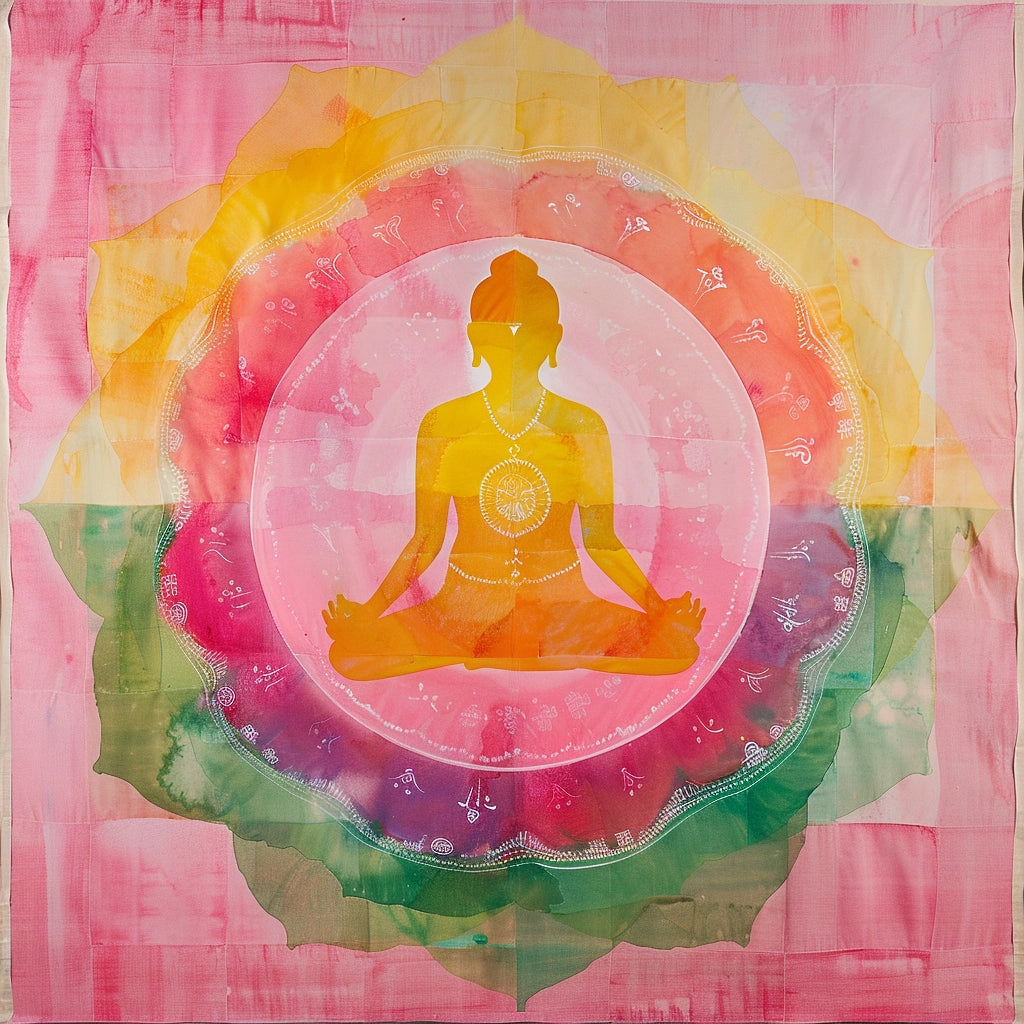Life in Balance
Dear Rosies,
I love painter Beatrix Ost’s phrase,“In my body is a good place to be.” Her pod episode, Creating Forever, is one of my favorites. Still, at times being in our bodies feels not-so-great. Sometimes we get spacy or frazzled, or stagnant, or overwrought. Every once in a while, we need a reset. It could be a 24-hour cleanse, or a weekend detox, or a change of seasons inventory, or a spa trip or retreat.
I’m taking time now to do a reset in the tradition of Ayurveda, the traditional medical system of India. Ayurveda, like many traditional medicine systems worldwide, is based on living in harmony and balance. Illness occurs when things are out of balance. Because I trust the body’s inherent genius and nature’s fecund storehouse of medicine and nourishment, and because we are perfectly fitted to live as part of Earth’s ecosystems, this “balance” approach to health resonates with me.
One thing I like is that Ayurveda treats the person, the field in which disease arises, not just the disease or its symptoms: it’s a whole person model of care. Ideally by living in balance, disease would not arise. Lifestyle medicine is a big part of Ayurveda: through the right combination of food, exercise, herbs, habitat, as well as spiritual and mental habits, the body returns to balance very quickly. Many disorders, from skin to mental health to digestive troubles, are easily reversed.
When we were formulating our products, I spoke with a variety of traditional practitioners, as well as western research and chemists. All of the traditional systems of healthcare recognize various plants and herbs beneficial for addressing the common ailments in a human body. They all have treatments for sexual health, reproductive care, perimenopause and menopause symptoms, without making them into illnesses. Ayurvedic doctors, Chinese medicine doctors, North American herbalists, integrative medicine professionals, and even shamanic healers had amazing inputs. This interdisciplinary approach is a big part of why the formulas work so well- they are based on trust in the plants and on the chain of human intelligence and research across generations.
In Ayurveda, herbs for a happy menopause include Shatavari (Asparagus racemosus), which is recommended for hot flashes, irritability, and dryness, and Ashwagandha (Withania somnifera), which helps in reducing stress, anxiety, and aids in improving energy levels and sleep quality. (If you’d like to try that, our magical friend Chandanni has developed a women’s superfood blend with both of these ingredients in it.
And if the Ayurvedic approach interests you, check out this free ten day reset Self Care is World Care from bestselling Ayurvedic nutritionist Laura Plumb (as well as her other offers!).
But even without these systems, our own intuitive knowing often points us to what we need more of and what we need less of to come into balance.
What is that for you?
All Love.
CMM






















